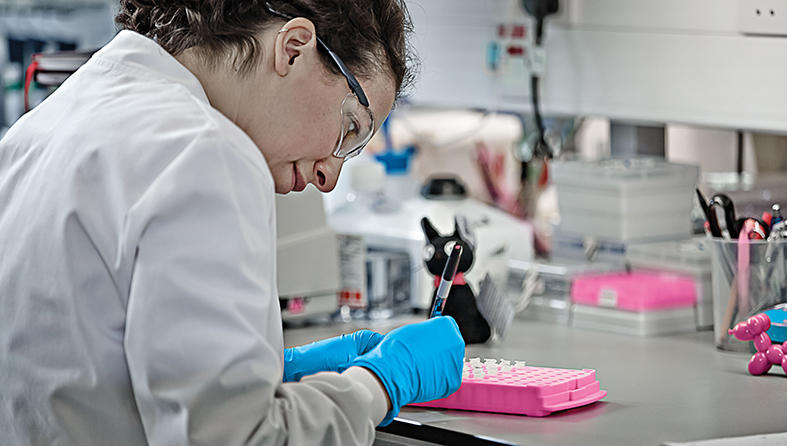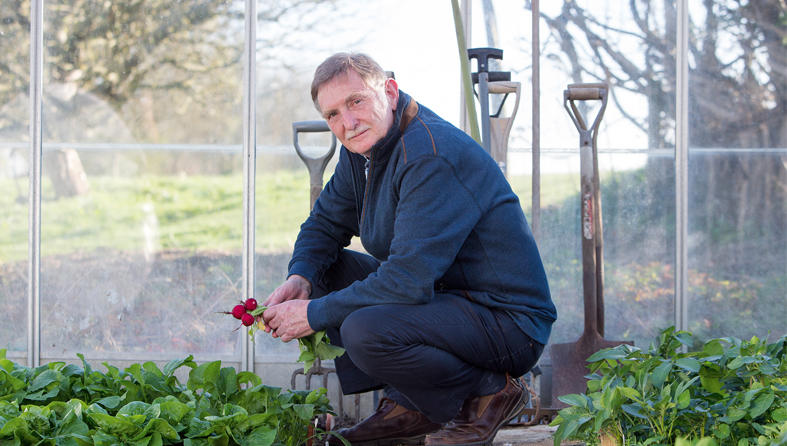Past research into early diagnosis

120 years of life-saving discoveries
Our scientists have been at the forefront of cancer research since 1902.
Thanks to you, we’ve come so far. And we will go much further.
Together, we will beat cancer.
Our milestones
Research by our scientists has helped people get diagnosed early, when cancer is easier to treat. Below are a few of our most important discoveries.
1998 – Our scientists pioneer a new technique that leads to the development of urine tests that could spot bladder cancer earlier, and make diagnosing the disease less uncomfortable than the current test (cystoscopy). The new technology is being tested in clinical trials.
2016 – Researchers find a new and potentially better way to spot oesophageal cancer at an early stage. Using an infra-red light and a dye, they show this technology can spot abnormal cells that are on their way to becoming cancerous. If removed at this stage, some cases of oesophageal cancer could be prevented.
2010 – Our scientists provide robust evidence that a new bowel screening technique, called bowel scope, can save even more lives by spotting bowel cancer early, and in some cases preventing cancer developing in the first place. In 2017 long term results from the same study show that the benefits of the one-off procedure last at least 17 years. Bowel scope is being rolled out across the UK.
1988 – Our scientists develop a test for children with an inherited form of retinoblastoma, a type of eye cancer, meaning they can be treated early. This helps boost survival for the disease – now almost every child is cured.


